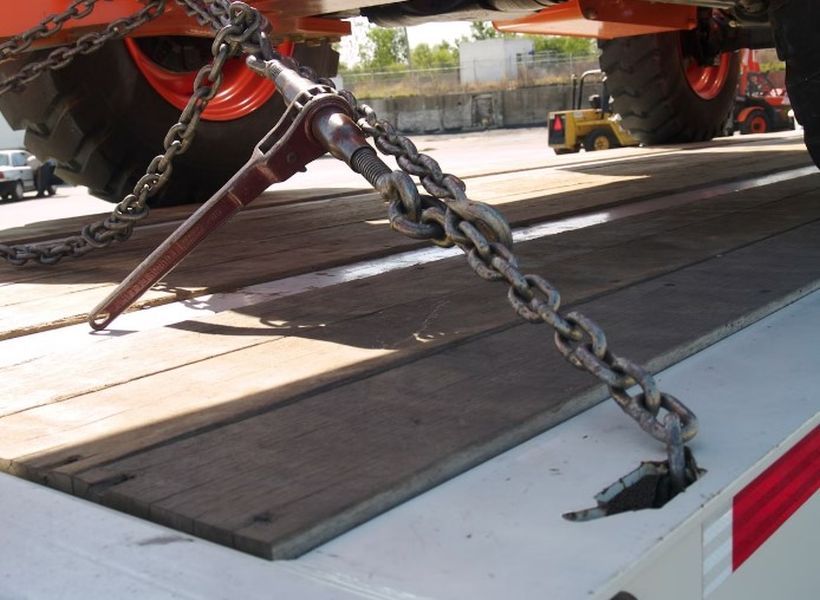Trailers offer unparalleled convenience, serving as indispensable tools for various tasks and adventures. From assisting with business operations to facilitating weekend getaways, their adaptability is evident. But with this convenience comes a crucial responsibility: ensuring safety at all times.
For haulers, safety is non-negotiable. To achieve it, consider the following tips to make sure every trip remains risk-free:
1. Select The Right Hitch For Your Vehicle
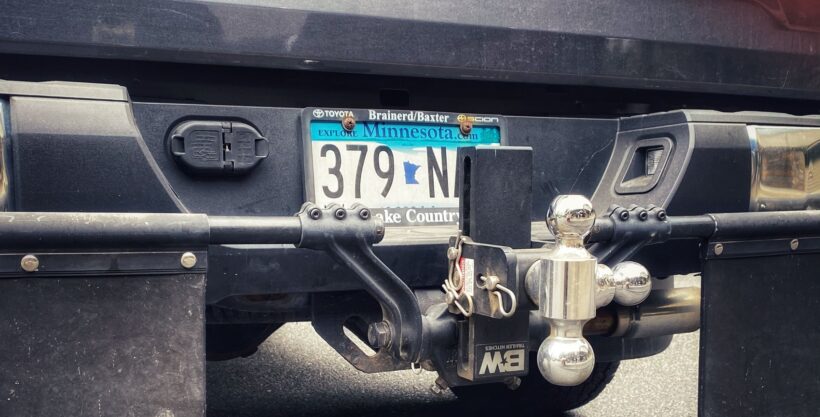
Every combination of vehicles and trailers requires a specific hitch type. Don’t assume one-size-fits-all. Using the wrong one not only poses a safety risk but also can damage your vehicle. Some types of hitches you can consider include:
- Receiver Hitch: Commonly used for pickup trucks and SUVs, suitable for medium to large trailers.
- Fifth Wheel Hitch: Best for heavy loads, often used with larger trailers or RVs.
- Gooseneck Hitch: Offers tighter turning radius, perfect for horse or livestock trailers.
Equip yourself with knowledge about these hitches and select the one tailored to your needs.
2. Regularly Monitor Tires And Wheels
The condition of your tires and wheels directly affects your trailer’s road safety. Here are essential considerations, regardless of the type of trailer you’re driving.
- Tire Health: Tires naturally deteriorate over time. Look for cuts, bulges, or other irregularities signaling wear. Deep cracks can indicate an aging tire, suggesting an impending replacement.
- Tire Pressure: Proper pressure guarantees optimal performance and lessens blowout risks. Always adhere to the manufacturer’s recommended Pounds per Square Inch (PSI) and avoid over or under-inflation.
- Wheel Examination: Wheels shoulder the trailer’s weight. Check for bends, rust, or any signs of fatigue. Damaged wheels can misalign tires, leading to uneven wear or potential accidents.
- Spare Tire: Many tend to neglect this, but the spare should be in as good a condition as your main tires. You never know when you’ll need it, and finding out it’s unusable in a pinch is a headache you don’t need.
Make these checks a part of your regular pre-trip routine. With well-maintained tires and wheels, you’re laying the foundation for a safe journey, particularly when driving in snow.
3. Ensure Proper Load Distribution
An unevenly loaded trailer is a recipe for disaster as it can cause the trailer to sway or even tip over. Therefore, always place heavy items at the trailer’s center and distribute the weight evenly.
Even weight distribution guarantees optimal performance, minimizes hitch and vehicle stress, and improves overall road handling. It diminishes the likelihood of fishtailing during adverse weather or abrupt halts, bolstering stability and decreasing accident chances.
So, what’s next after you’ve got the load secured?
4. Always Check The Brake And Light Systems
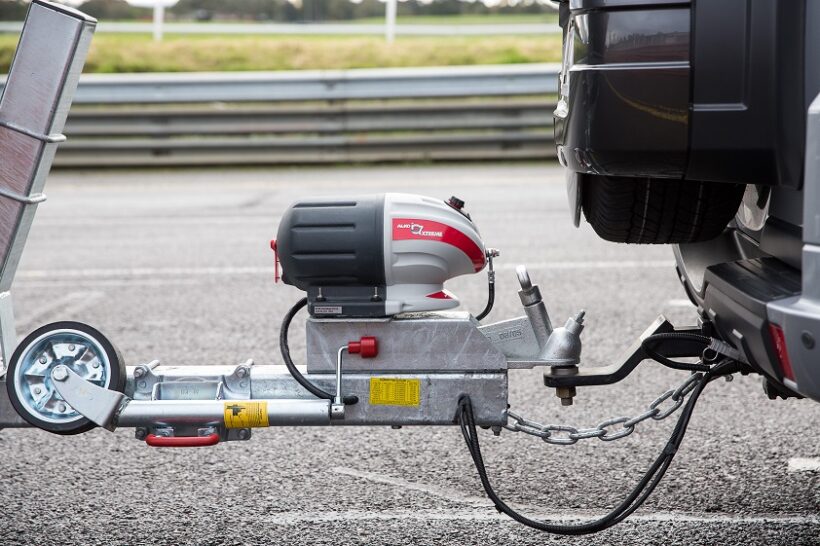
It’s not just about moving; it’s about stopping safely too. Your trailer’s brake system plays a pivotal role in prompt halts, particularly in emergencies. Worn-out or malfunctioning brakes can result in longer stopping distances and potential mishaps.
Similarly, the integrity of lighting systems is crucial. Make sure your brake lights, turn signals, and other lighting systems work flawlessly. Properly functioning lights are critical for nighttime visibility and signal your intentions to fellow motorists, preventing misunderstandings and accidents on the road.
5. Use Safety Chains
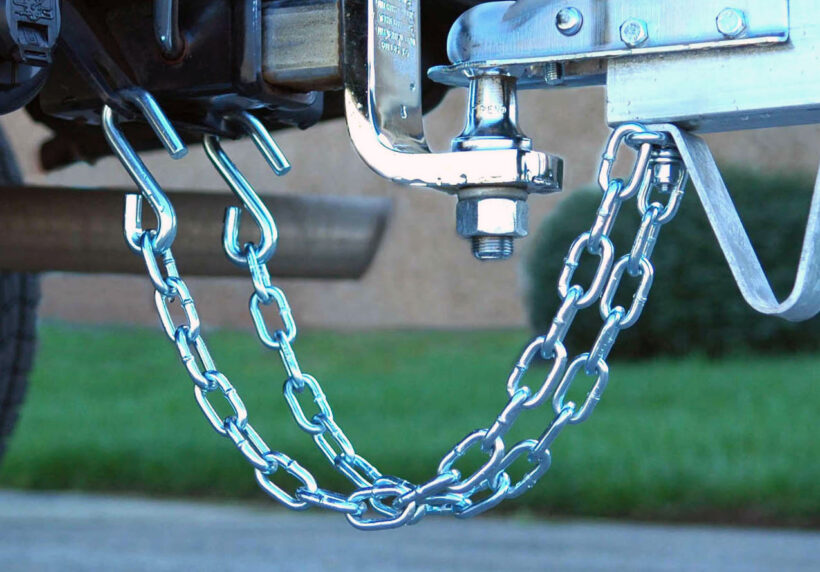
Consider safety chains as your backup plan. In the rare instance that the hitch fails, these chains deter the trailer from detaching. They forge an auxiliary link, adding an extra layer of security and peace of mind.
Ensure they’re crisscrossed and have just enough slack to allow turns but not touch the ground. Properly connected chains also help in guiding the trailer safely to a stop if the primary hitch connection is lost.
6. Inspect The Trailer’s Frame
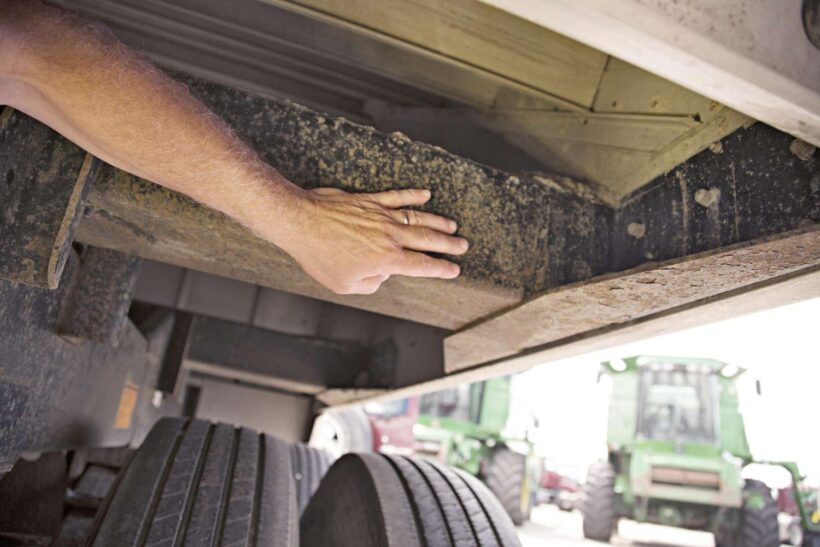
A trailer’s frame is its backbone, bearing the brunt of every journey and load. Be vigilant for rust, cracks, or other damages. Persistent exposure to various elements, like rain and road salt, can take a toll on its integrity. Here are the things you should check:
- Rust Development: Early detection can save significant repair costs. Rust can weaken the metal, compromising the frame’s strength.
- Welded Sections: Focus on these areas, as they might be prone to cracks or separations.
Address any issues immediately to stay safe on the highway. A compromised frame poses more than an inconvenience–it’s a looming danger.
7. Leverage The Mirrors
Your side mirrors are your best friends when hauling. They counteract the trailer’s blind spots. Upgrading to extended mirrors can make a world of difference, providing a wider field of view.
With these, you’ll have a better awareness of vehicles approaching or lingering beside your trailer, facilitating safer lane transitions and turns. Consider them a small investment for a significant boost in safety.
8. Practice Defensive Driving
When you’re hauling a trailer, sudden stops, and sharp turns can be dangerous. In this case, defensive driving becomes crucial. Here are some pointers to remember:
- Anticipate And Respond: Always anticipate the actions of other drivers. Being able to predict potential issues allows you to react in time and avoid collisions.
- Maintain A Safe Speed: Drive at a speed that allows you to have control over the trailer. This isn’t just about staying within the speed limit; sometimes, depending on the conditions, it means driving below it.
- Extend The Following Gap: With a trailer, you’ll need more space and time to stop. Ensure you have a greater distance between you and the vehicle in front.
By embracing these defensive driving tactics, you significantly reduce the risks associated with hauling.
9. Familiarize Yourself With State Laws
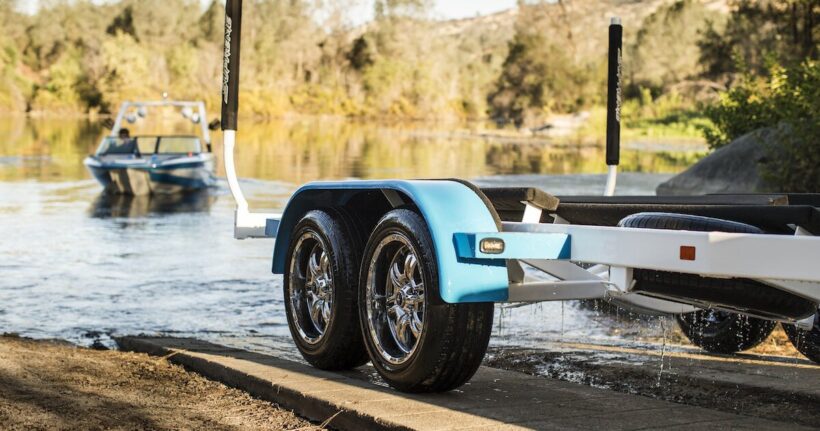
Laws regarding trailer hauling can vary from one state to another. Some regions might have restrictions on trailer dimensions, weight limits, or even mandatory equipment like certain reflectors or lights.
Furthermore, specific states may require periodic inspections or special permits for oversized loads. Make sure you’re up-to-date with the regulations of the areas you’ll be traveling through. It’s better to be in the know than face unnecessary fines.
Conclusion
Trailers are a testament to modern utility and versatility, but their use brings an unyielding duty to safety. As you prepare for your next journey, keep these pivotal safety guidelines in mind. Your vigilance not only safeguards your well-being but also promotes safer roads for everyone. Here’s to secure and informed hauling!

